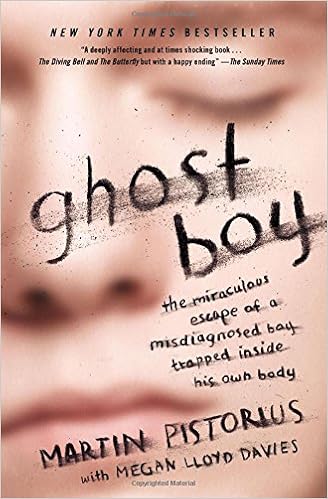Book Review: The Neverland Wars by Audrey Greathouse
Goodreads Description: Magic can do a lot—give you flight, show you mermaids, help you taste the stars, and… solve the budget crisis? That's what the grown-ups will do with it if they ever make it to Neverland to steal its magic and bring their children home.
However, Gwen doesn't know this. She's just a sixteen-year-old girl with a place on the debate team and a powerful crush on Jay, the soon-to-be homecoming king. She doesn't know her little sister could actually run away with Peter Pan, or that she might have to chase after her to bring her home safe. Gwen will find out though—and when she does, she'll discover she's in the middle of a looming war between Neverland and reality.
She'll be out of place as a teenager in Neverland, but she won't be the only one. Peter Pan's constant treks back to the mainland have slowly aged him into adolescence as well. Soon, Gwen will have to decide whether she's going to join impish, playful Peter in his fight for eternal youth… or if she's going to scramble back to reality in time for the homecoming dance.
My Review: I received a review copy of The Neverland Wars from the author, Audrey Greathouse, in exchange for an honest review.
The Neverland Wars is a whimsical tale that takes us to the forests of Neverland in a familiar and yet entirely new way. 16-year-old Gwen chases after her younger sister when Peter Pan shows up at their bedroom window and offers to whisk them away. Gwen insists she's going to protect her sister, in order to bring her home, but soon finds herself swept up in the magic and wonder of Neverland. And who can blame her? The author creates such a peaceful and serene place that it felt like escape just reading about it. It brought back all that I loved about Peter Pan as a child. Through this world, the author explores the themes of what it means to grow up. I really liked the contrast between reality and 'Neverland,' though by the end it hints there might be more fictional characters brought to life, turning the Neverland Wars into the war between reality and story. There are so many exciting possibilities there, and definitely a strong point for the series. But only future books will tell how those ideas will be explored.
Gwen is at a transitional period in her life as a teenager, and the author does a great job illustrating her discomfort, both back in 'reality' and in Neverland. She isn't really a lost child, nor is she an adult, and she feels torn between both worlds, which was a nice conflict. All in all, Gwen's character was great. Right off the bat I felt connected to Gwen because of how she looked at the world. Sure, arguably she has a very mature way of looking at things for a teenager, but as I was exactly the same way at 16, it's hard to cite that as a fault. Rather that endeared me to Gwen's character and made me want to see more of her perspective. I wished I could've gotten a bit more of Gwen's inner monologue, since her character gets a bit eclipsed by the events going on. It would be nice to see more of her thoughts and personality mixed in with the action.
Gwen's maturity aside, I found the writing style in this book rather verbose. The narration itself was a bit mature and didn't have the same tone as a lot of other YA books out there, though this isn't a bad thing. I'm vehemently against 'dumbing' down books for kids, and it's nice to see a YA novel that sells it straight to the audience.
The only things that took away from the story was the shifting POV and a lack of stakes. It seems like an 'omniscient' POV was used for this book, and while I'll admit there are books out there who manage it, it is an extremely difficult POV to do well. It takes away from my experience as a reader, as I never know when we're going to shift into someone else's head and see what's going on with them. Though I wasn't lost by shifting heads, it still took me out of the story and kept distance between me and the characters. I wanted to be all in Gwen's head, not partly in everyone's, because this is Gwen's story. Plus, it takes away the mystery when the narrator informs me what certain characters are thinking or what's motivating them, while our main character never has the opportunity (or it isn't shown) to learn that information. It creates distance when the reader and the main character are on different pages.
As well, I had a problem with the lack of stakes, which contributed to an overall lack of tension. Though there were heavily implied stakes of what would happen if Gwen couldn't bring her sister home, of what would happen to Neverland if the adults found their way to it, etc., but it was at times too thin. You need to outline what's at risk, what could be lost, otherwise there's no tension and 'edge of your seat' moment. If there are no consequences to your characters losing their mission, then what does it matter if they win, either?
Despite that, the ending really left me feeling light. I promise, no spoilers; the sudden ending kinda jarred me, but only because it took a moment for it to settle what the ending had implied, what Gwen's decision had been. It left me with a glowing smile and that soft happy ending feel. And as much as there are a lot of unanswered questions left, there was something really satisfying about that ending.
TL;DR: All in all, 3/5 stars. Such a lovely, whimsical tale. Made my heart happy.






